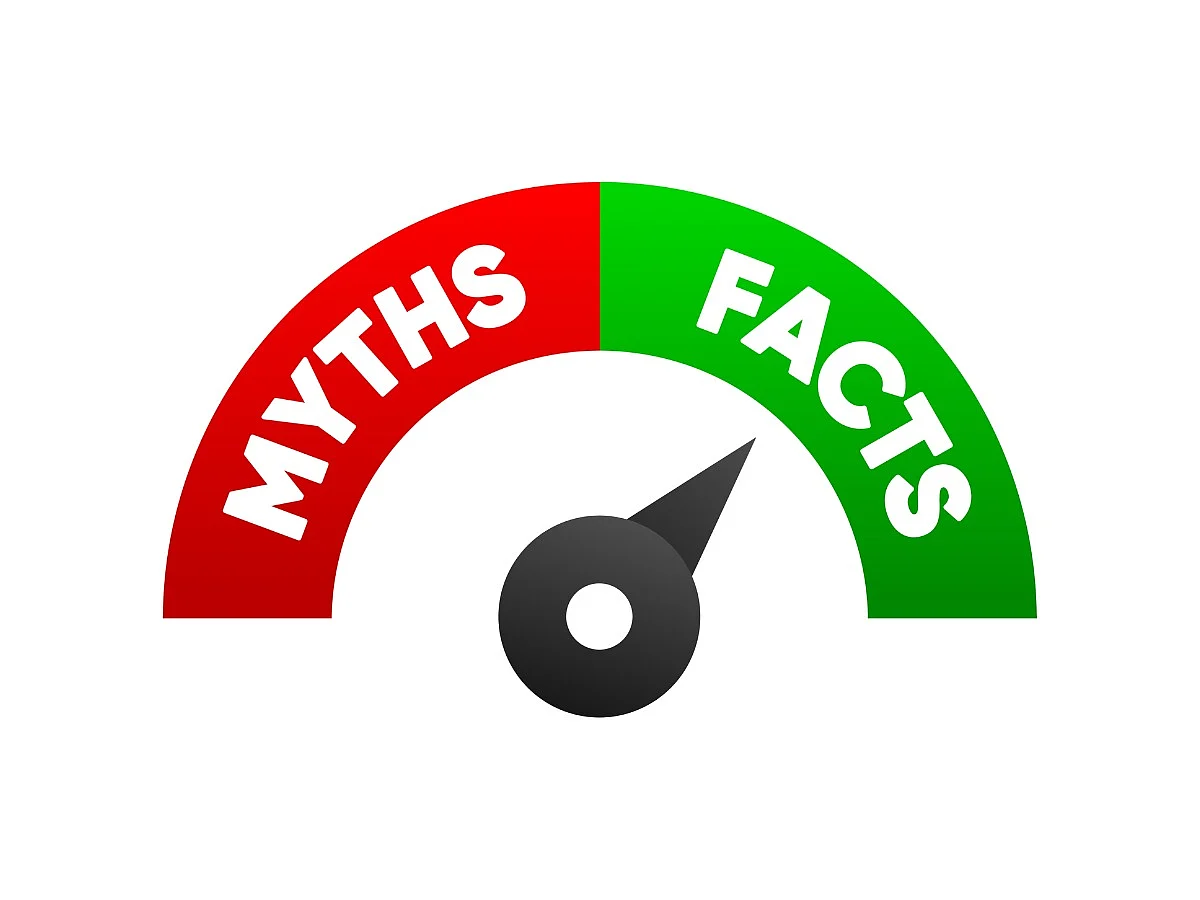Busting Muscle-Building Myths: 5 Truths About Building Muscle
Have a look at the common myths about bodybuilding and correct information on them.

advertisement
It is very difficult to find the right information on various topics today considering there is so much information on the internet and people tend to throw their advice and share their knowledge all the time. In the gym, we all have experienced a few gym rats or inexperienced gym trainers teaching us things about muscle building and suggesting ways to build muscle which are dangerous and a shortcut that worked for them. Below are a few myths that will help you get clarity, bust your myths, and help carry forward credible information by expert, Gauthaman Ramesh, Fitness Expert, Cult.fit.
Myth 1: More Protein Means More Muscle Gain
Despite the importance of protein for muscle development, there exists a misconception that consuming excessive amounts directly translates to more muscle. In reality, the body has a limit on protein synthesis, emphasizing the need for a balanced diet tailored to individual needs and activity levels. Consumption beyond these levels only tends to increase in calories and those calories could be consumed via other macronutrients for a more complete approach
Myth 2: Targeted Exercises Promote Fat Loss In Specific Area
The notion of spot reduction, where targeted exercises reduce fat in specific areas, is a persistent myth. Fat loss occurs uniformly across the body, influenced by overall energy expenditure and dietary habits. Achieving a lean physique involves a holistic approach, combining well-rounded exercise, balanced nutrition, and maintaining a calorie deficit. Working a body part more and performing more reps does not lead to fat loss. For example, doing more crunches only builds your core but does not help you reduce belly fat
Myth 3: No Pain Means No Gain
The popular saying suggesting that extreme pain is necessary for gains can be misleading. While discomfort is expected during challenging workouts, extreme pain is counterproductive. Effective muscle growth comes from consistent, progressive resistance training with proper form and intensity, avoiding unnecessary strain. Too much stress leads to a lot of fatigue and soreness which is derailing the entire process. So start slow and increment at a steady pace.
Myth 4: Use Of Light Weights Promote Toning
The belief that using light weights for high repetitions leads to a toned appearance is a misconception. Muscle tone results from a combination of resistance training and reduced body fat. Incorporating a mix of moderate to heavy weights with varied rep ranges is more effective for overall muscle development which in turn improves metabolism which can help with fat loss. Strength training is for the muscles and has no impact on fat storage. More reps may help you to build endurance but do not affect fat loss.
Myth 5: Cardio Burns Muscle
There's a common concern that cardio burns muscle. While excessive or prolonged cardio can interfere with muscle-building, moderate amounts can complement resistance training. Balancing cardiovascular exercise with a well-structured resistance training program is key to achieving both cardiovascular health and muscle development. What leads to muscle loss is poor nutrition, low protein consumption and not doing cardio in the right quantities.
(At The Quint, we question everything. Play an active role in shaping our journalism by becoming a member today.)